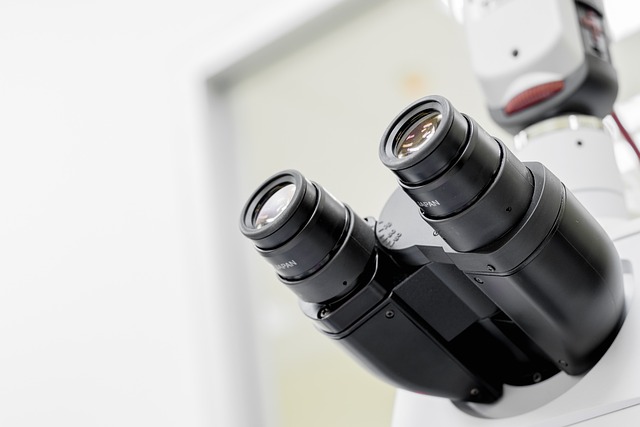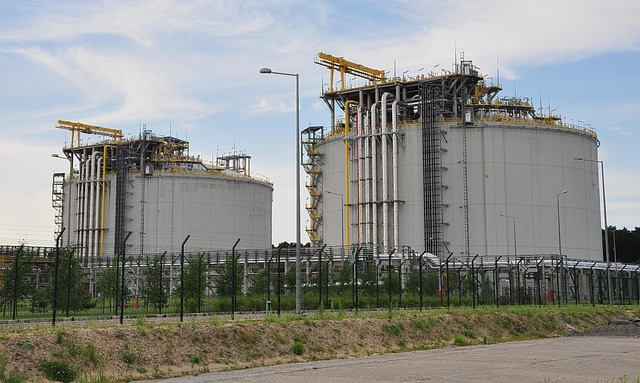
“The Power of Systems Thinking in Fueling Innovation”
The Power of Systems Thinking in Fueling Innovation
In today’s rapidly changing world, businesses and individuals alike are constantly seeking ways to innovate and adapt. One approach that stands out in this quest for progress is systems thinking. This powerful mindset encourages us to view the bigger picture, understanding how various components interact within a whole, rather than merely seeing isolated parts.
Systems thinking allows us to break free from traditional linear thinking patterns. Instead of putting our focus solely on cause and effect, we begin to recognize the complex web of relationships that influence outcomes. By doing so, we can identify patterns, leverage feedback loops, and create more resilient solutions. This holistic perspective not only fosters creativity but also strengthens the innovation process.
Imagine a tech startup launching a revolutionary product. If the team only concentrates on technology and markets, they might miss out on critical social and environmental factors. With systems thinking, they can incorporate diverse perspectives—customer feedback, supply chain impacts, societal needs—leading to a more robust innovation strategy. This comprehensive approach nurtures ideas that are not just novel but also viable and sustainable.
Moreover, systems thinking promotes collaboration among teams. When members understand the interconnectedness of their roles, they’re more inclined to communicate openly and share insights. This culture of collaboration can spark innovative ideas that may not have emerged in isolated silos. The synergy created by diverse expertise drives creativity, propelling organizations toward groundbreaking solutions.
Consider the complexities of climate change. Tackling this global issue requires more than just technological advancements; it necessitates a systems thinking approach that encompasses environmental science, economic policies, and social equity. Innovators who can navigate these intricate relationships are better equipped to devise effective strategies that make a lasting impact.
Furthermore, adopting a systems thinking mindset cultivates resilience. In a world riddled with uncertainty, the ability to adapt and pivot becomes crucial. By understanding the interconnectedness of their ecosystem, innovators can anticipate challenges and seize opportunities more effectively, ensuring that their ideas thrive even in the face of adversity.
In embracing systems thinking, we align ourselves with a mindset that values relationships, fosters creativity, and enhances our capacity to innovate. As we continue to navigate an ever-evolving landscape, let us commit to thinking systemically, for it is here that the seeds of true innovation are sown.



